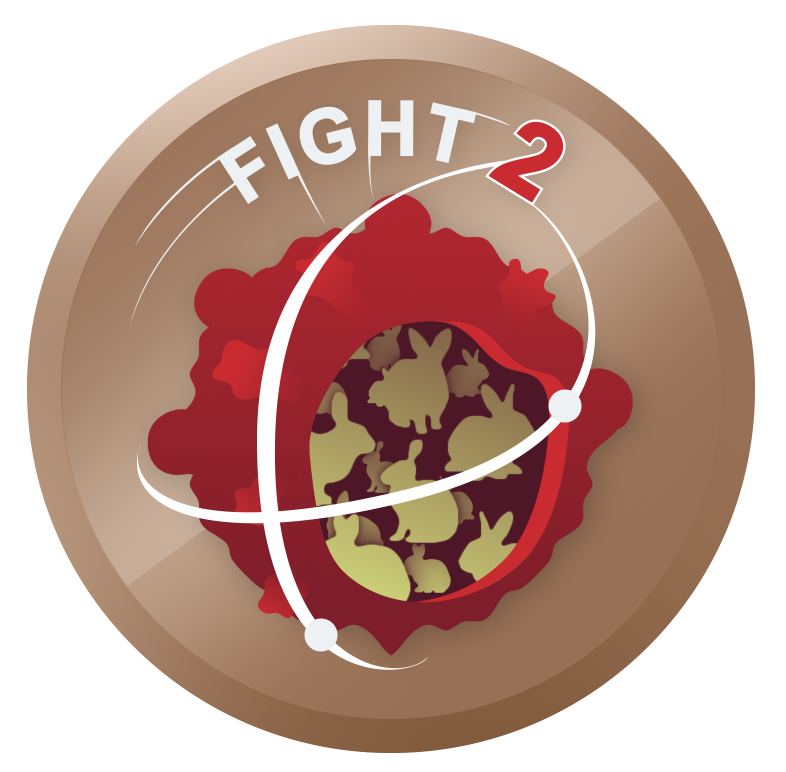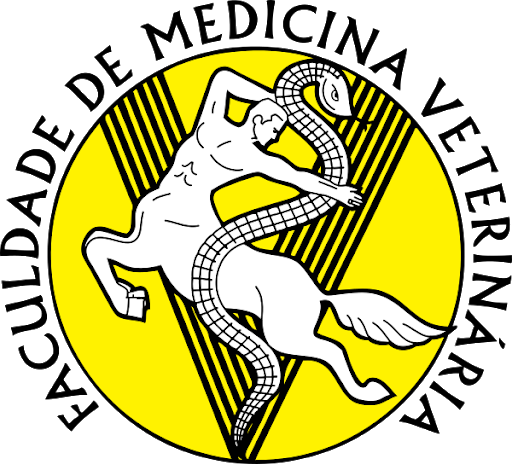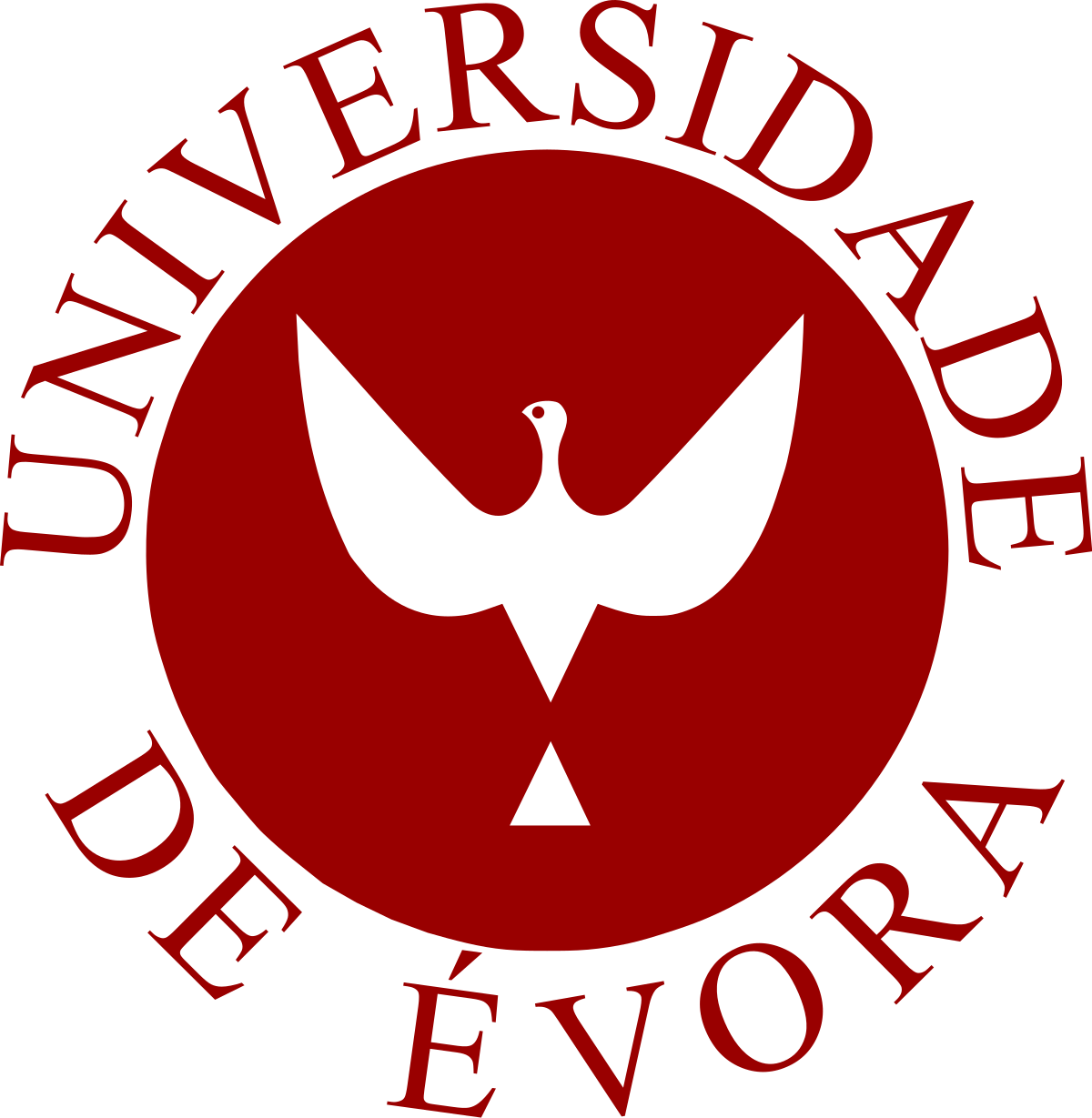PROJECT TEAM
The project partnership includes the Instituto Nacional de Investigação Agrária e Veterinária (INIAV), the Nacional Reference Laboratory for animal diseases, two Portuguese public Veterinary Universities, namely Universidade de Évora (UÉ) and Faculdade de Medicina Veterinária (FMV/ULisboa) of Lisbon, and the Instituto de Biologia Experimental e Tecnológica (iBET), a private institute with vast experience in the vaccines production field.
INIAV team
Institutional Address: Instituto Nacional de Investigação Agrária e Veterinária (INIAV I.P.), Av. da República, Quinta do Marquês (edifício sede),2780-157 Oeiras
Country: Portugal
Institutional Website: http://www.iniav.pt/index.php
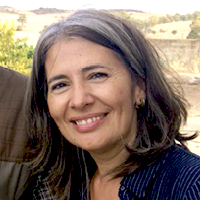
Margarida Duarte graduated in Veterinary Medicine in 1986 in Lisbon. She received her master degree in Biotechnology/Molecular Biology in 1991 by the Gulbenkian Institute of Science/ Nova University of Lisbon (UNL), and her doctorate in 2020 by the Institute of Chemical and Biological Technology António Xavier/UNL. Both degrees were obtained in the field of Virology working on African swine fever virus mainly in strain characterization, sequencing analysis, gene expression and production of recombinants to study gene function.
She joined the National Laboratory of Veterinary Research (LNIV) in January 1990, the
National Institute of Biological Resources (INRB, I.P.) in 2006, and the National Institute of Agrarian and Veterinarian Research (INIAV, I.P.) in 2012. During this 30-year period, she her interests were mainly focused in African swine fever virus (ASFV), Parvovirus, Coronavirus, rabbit haemorrhagic disease virus (RHDV), myxoma virus, canine adenovirus and porcine circovirus. She has been responsible for the virological diagnosis of swine, cats, wild carnivores, dogs and rabbits’ viroses. She developed several molecular and serological diagnostic methods, some listed in the OIE manuals, and was Head/Participant in several national and international Research Projects. She published 28 manuscripts in international peered review journals, more than 100 newsletters and more than 16 papers in Portuguese magazines for undifferentiated public.
She is a member of Centre for Interdisciplinary Research in Animal Health (CIISA) of the Faculty of Veterinary Medicine since 2013.
From mid 2017 she coordinated a National Plan for the Control of Rabbit Haemorrhagic Disease Virus (Dispatch 4757/17, 31 May, MAFDR), through Project +Coelho 1 (co-coordination) and Project +Coelho 2 (full coordination) that aims the recovery of the wild rabbit populations and joins together 9 private and governmental institutions.
Her current scientific interests are focused on animal infectious diseases, pathogenesis, phylogenetics, evolution, diagnosis methods, and vaccines.
Email: margarida.duarte@iniav.pt
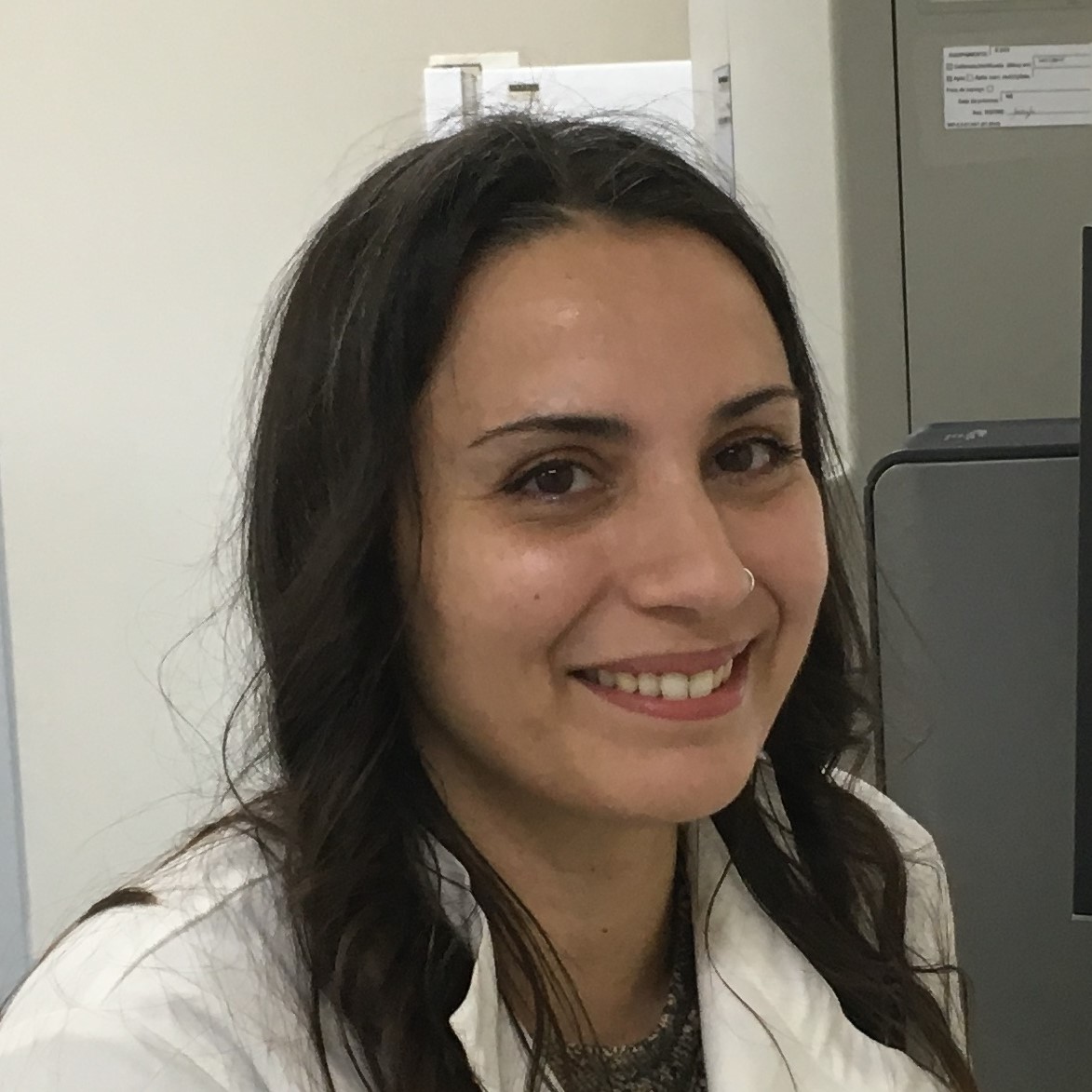
She Graduated in Veterinary Medicine in 2003, and holds a PhD in Veterinary Sciences since 2017.
Since 2019, she is assistant researcher at the National Institute for Agricultural and Veterinary Research (INIAV I.P.), within the scope of the Fight-two project (PTDC / CVT-CVT / 29062/2017-PT2020).
She has developed her research activities in the diagnosis and study of viral diseases of the rabbit, namely rabbit haemorrhagic disease virus type 2 (RHDV2) and myxoma virus, and other pathogens that affect the wild populations of the European wild rabbit and Iberian-hare, as well as on the molecular characterization and phylogenetic studies of these agents.
Her current thematic priorities focus on studying the evolution of the type 2 haemorrhagic disease virus (RHDV2) and the development of an oral vaccine to control RHDV2 in the wild rabbit.
e-mail: carina.carvalho@iniav.pt
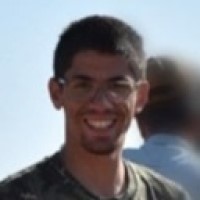
He holds a Master degree in Veterinary Medicine since 2018. Since that year, he is also a PhD student at the National Institute of Agricultural and Veterinary Research (INIAV IP), at the Faculty of Veterinary Medicine of Lisbon (FMV) and at the University from Oviedo (UniOvi).
His research interests and activities focuses on the study of viral diseases of the rabbit, namely rabbit haemorrhagic disease virus type 2 (RHDV2), myxoma virus, the Iberian hare herpesvirus 5 and other pathologies with a special impact on wild populations, and in the design of harvesting, monitoring and troubleshooting techniques for monitoring wild populations.
He is responsible for measure 7.6 of the + Coelho 2 project “Evaluation of the effectiveness of commercial vaccines against myxomatosis in Iberian hare”, including the capture, maintenance and health management of animals in captivity.
He has advanced Training in Health Management and Veterinary Control of Small Game, Biology, Management and Breeding of Iberian Hare in Captivity in Production and Sustainable Management of wild rabbit.
His thematic priorities focus on assessing the impact of haemorrhagic disease and myxomatosis in the rabbit, and on the impact of myxomatosis, herpesvirus LeHV-5 and cysticercosis on Iberian hare, on the development of sanitary management techniques applicable to the wild and on the development vaccines to control RHDV2 and myxomatosis, and the importance of vectors and reservoirs of leporid viruses.
e-mail: fabio.abade@iniav.pt
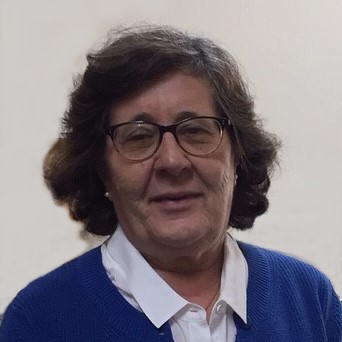
Médica Veterinária. Responsável do setor de Anátomo‑Histopatologia do Laboratório de Patologia do Instituto Nacional de Investigação Agrária e Veterinária – Polo de Oeiras.

He has a degree in Veterinary Medicine since 1993 (pre-Bologna degree).
He is a Senior Pathologist at the National Institute for Agricultural and Veterinary Research (INIAV I.P.), at UEISPSA, pathology laboratory, Oeiras, Portugal.
e-mail: paulo.carvalho@iniav.pt

É Licenciada em Medicina Veterinária desde 1989 (licenciatura pré-Bolonha).É Licenciada em Medicina Veterinária desde 1989 (licenciatura pré-Bolonha).É patologista no Instituto Nacional de Investigação Agrária e Veterinária (INIAV I.P.).
Email: paula.mendonca@iniav.pt

She Graduated in Veterinary Medicine in 1993.
She is a Superior Technician at the National Institute of Agricultural and Veterinary Research, in the Strategic Research Unit and Production and Animal Health Services, Virology Laboratory.
Since 1995, she has been working on the diagnosis of viral diseases in birds, with a special focus on the introduction and expansion of the application of molecular biology techniques and on the detection and identification of molecular markers of pathogenicity of bird viruses.
In the last two years, her research activity has focused on the study of viral hemorrhagic disease virus type 2 (RHDV2) and its impact on domestic leporid and national silvatic populations.
e-mail: teresa.fagulha@iniav.pt
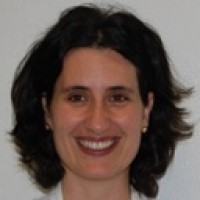
She Graduated in Microbial Biology and Genetics in 1997 and holds a PhD in Virology since 2004.
She is, since 2016, Assistant Researcher at the National Institute for Agricultural and Veterinary Research (INIAV I.P.). She is a member of the team with responsibilities in the development of lines of investigation, accreditation and diagnosis of ruminant and equine diseases, namely the blue tongue virus, Schmallenberg virus, MVV / CAEV virus, African horse sickness and West Nile virus.
She is the project coordinator in the area of the Blue Thong Virus (FCT project).
Since 2012, she is an Envited Professor of Virology at the Faculty of Science and Technology, Universidade Nova de Lisboa.
Her thematic priorities are focused on the development of virological, serological diagnostic methods and metagenomic.
e-mail: silvia.santosbarros@iniav.pt
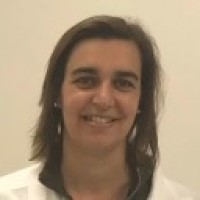
She Graduated in Applied Chemistry, Biotechnology branch, in 1999 and holds a PhD in Biotechnology since 2005.
She is Assistant Researcher at the National Institute for Agricultural and Veterinary Research (INIAV I.P.), at UEISPSA, virology laboratory, Oeiras, Portugal.
Her areas of expertise include molecular biology, cellular biology, immunology and virology. Her thematic priorities focus on the development of new molecular and serological methods for diagnosing viral diseases, and on molecular characterization and phylogenetic studies of several animal viruses, namely of birds, cattle, pigs and horses.
e-mail: margarida.henriques@iniav.pt
iBET Team
Institutional Address: Instituto de Biologia Experimental e Tecnológica (iBET), iBET, Apartado 12, 2781-901 Oeiras
Country: Portugal
Institutional Website: www.ibet.pt
Graduated in Chemical Engeneering in 2003 and holds a PhD in Engineering and Technology Sciences, Systems Biology by the ITQB-NOVA, since 2010.
He is currently the Head of Cell Based Vaccines Development Lab, Animal Cell Technology Unit, at the Institute of Experimental and Technological Biology (iBET).
His area of expertise encompasses bioprocess engineering for production (micro-, lab- and industrial-scale), quality control assessment and purification of complex biologics, in silico modelling for process control and optimization (deterministic and stochastic kinetic models describing the production and assembly of macromolecules), systems biology technologies for detailed characterization of the cell factory and rational host engineering, and insect cells as model organism.
He organized two international scientific meetings and five courses. Between 2011 and 2017, he was officer of the European Society for Animal Cell Technology. In 2019 and in 2020 we has been co-chair of Baculovirus track in ISBiotech (2019 and 2020 conferences, Norfolk, USA). He was involved in five EU and three Portuguese funded projects, and two contract research service projects. He assisted on the implementation of a Satellite Lab from Sanofi Pasteur at iBET.
He holds a vast experience in supervision having supervised seven PhD students and eight MSc students (5 thesis defended). Between 2010-2014, he directed a small team responsible for the supervision and maintenance of small-scale bioreactors (2010-2014 at SysBio, CHT, Sweden).
His thematic priorities are focuses on the development of novel complex biologics with impact in Human and Animal Health (e.g. vaccines against infectious diseases). To accomplish such objectives, high-throughput biological toolkits and new cell lines need to be developed, thus avoiding the laborious and time-consuming screening process each time new vectors or cell lines have to be developed to produce a new product. These technologies when integrated in a multidisciplinary approach combining systems biology, bioprocess engineering and product monitoring and characterisation, will fasten the generation of the products.
Master in Engineering and Biology by the University of Algarve and is presently a PhD student in Molecular Biosciences at ITQB NOVA, since 2015.
Currently, he is a senior upstream process development engineer, in the Animal Cell Technology Unit, at the Institute of Experimental and Technological Biology (iBET).
He holds a vast experience of 20 years’ in upstream process development in areas such as recombinant protein, viral vectors, vaccines and VLP production, optimization of human stem cells expansion and differentiation.
He is an expert in several designs of bioreactors (from micro to pilot scales) and process scale-up bioengineering criteria. He holds experience in technology transfer from R&D to late stage of development (pilot scale) and to GMP environment, including projects with companies (Crucell (presently J&J), CEVEC, Merck&Co, Novartis, Sanofi Pasteur, Sartorius, Pall, EMD Millipore, Red-Biotech, GeniBET, Turnstone and PBS Biotech). We was involved in two UE and three Portuguese funded projects. He successfully supported multiple projects both independently and as a part of global team with proven track record on deliverables and milestone achievements. He advises and renders consulting for upstream laboratory development and vaccine production plants improvement. He assisted the implementation of Bayer Satellite Lab and Sanofi Satellite Lab at iBET.
His thematic priorities are focused on advising and supervising the development of new bioprocesses (Upstream and Upstream/Downstream integration) using animal cell cultures, on the development and implementation of adherent (roller-bottles and multi-layer systems) and suspension (microcarrier and single-cell) cultures using single-use or re-usable technologies (namely bioreactors: stirred tank, wave-motion, pneumatic, fixed-bed) (working ranges from 0.1 to 50 L) associated with culturing of cell lines such as Vero, MRC-5, A549, PerC6, BHK-21A, HEK, CHO, Sf9, Hi5. He also holds extensive expertise in fed-batch, continuous and perfusion (Centritech, TFF/ATF, Spin-filters) and in supporting software development to control these culture modes.
He holds a Professional Masterin Biopharmaceutical Production from the Institute of Technology in Immunobiologicals (Bio-Manguinhos/ FIOCRUZ), Rio de Janeiro, Brazil, since 2015.
He is a PhD student in Biochemistry since 2015, at the Institute of Experimental and Technological Biology / iBET, Oeiras, Portugal, and at the Federal University of Rio de Janeiro (UFRJ), Brazil.
He is specialized in monomeric and multimeric recombinant proteins production in animal cell cultures. He holds experience with all stages of cell line development, from molecular biology to upstream processes (small shake flasks and bioreactors).He is also experienced with analytical methodologies to cell culture controlling (HPLC and Biochemical analyzer), recombinant protein concentration (SDS-PAGE, Western Blot, Dot Blot and ELISA) and cell metabolic analysis.
He holds Scientific Training in Environmental Microbiology conferred by the Federal University of Rio de Janeiro (UFRJ), Rio de Janeiro/Brazil (03/2009 to 03/2013).
His thematic priorities are focused on the development of upstream processes for production of recombinant proteins, viral vectors, vaccines and VLPs, scale-up and technology transfer to pilot- and GMP-scale.
Was graduated in Molecular Cell Biology in 2008, obtained is Master in Biotechnology in 2010, and holds a PhD in Molecular Biosciences since 2019.Was graduated in Molecular Cell Biology in 2008, obtained is Master in Biotechnology in 2010, and holds a PhD in Molecular Biosciences since 2019.He is currently a Senior Research Associate at the Animal Cell Technology Unit from the Institute of Experimental and Technological Biology (iBET).He is specialized in early upstream process development for the production of viral vectors, VLPs and recombiant proteins in animal cell cultures, and in the development of plasmids for protein production.He holds vast experience in cell line development for the production of gamma-retroviral vectors and lentiviral vectors, and in transient and stable productions in animal cell culture.From February 2019 to March 2020 he held a Scientist position at Oxford Genetics, in the United Kingdom.His thematic priorities are focused on the development of upstream processes at small-scale for production of recombinant proteins, viral vectors, vaccines and VLPs, as well as in process optimization and implementation.
FMV/ULisboa Team
Institutional Address: Faculdade de Medicina Veterinária, Pólo Universitário do Alto da Ajuda, Universidade de Lisboa (FMV/ULisboa), Av. Universidade Técnica, 1300-477 Lisboa.
Country: Portugal
Institutional Website: http://www.fmv.ulisboa.pt/pt
Graduated in Veterinary Medicine, PhD in Veterinary Sciences, Diplomate of the European College of Veterinary Pathology.
Full Professor of the Animal Health Department of the Faculty of Veterinary Medicine (FMV), University of Lisbon (ULisbon).
She has worked all her professional life in Veterinary Pathological Anatomy, both in the teaching area (42 years of academic career), as well as in research and diagnosis. In the research she has addressed several areas, mostly in topics of oncology. The most relevant research projects were carried out within the scope of Bovine Enzootic Hematuria having in mind the animal model it represents for spontaneous tumors associated with the ingestion of toxics. Only this theme allowed the making of three doctoral theses, two master's theses and three internship reports. Other relevant areas have been fish pathology, veterinary dermatopathology and neuropathology
Graduated in Veterinary Medicine in 1984, and holds a PhD in Veterinary Sciences in Canine Malignant Lymphoma since 2006, fconferred by the Faculty of Veterinary Medicine, Technical University of Lisbon (FMV-UTL).
He holds a Master degree (MSc) in Veterinary Medicine, in Canine Leishmaniasis, since 1995, by the FMV-UTL.
He holds a Post-graduation of Specialization in Animal Production, since 1985, conferred by the Centre International de Hautes Etudes Agronomiques Méditerranéennes, Zaragoza, Spain.
He is currently, and since 1991, an Auxiliary Professor, of the Department of Animal Health, at the FMV-UTL. He lectures Pathologic Anatomy I (2rd year), Pathologic Anatomy II (3th year) and Wildlife and Conservation Medicine (5rd year), Surgical Semiology and Operative Techniques (3th year), Pigeon Production and Pathology (4th year), Clinical Immunology in Companion Animals (5rd year).
He performs routine diagnosis (cytology, histopathology and necropsy), at the Laboratory of Pathological Anatomy, of FMV-ULisbon, since 1991.
He has published 42 articles in specialized magazines and 9 book chapters.
He supervised 1 PhD and 15 Integrated Masters in Veterinary Medicine.
His topics of interest are: Veterinary Pathological Anatomy, Veterinary Cytology, Wild Animals Pathology, Game Species Pathology, Wild Animals Capture, Mammary Carcinoma in Cats, Malignant Lymphoma in Dog, Parasitic Diseases.
UÉ Team
Institutional Address: Instituto Mediterrâneo para a Agricultura, Ambiente e Desenvolvimento (MED), Universidade de Évora, Departamento de Medicina Veterinária, Pólo da Mitra, 7000 Évora
Country: Portugal
Institutional Website: http://www.med.uevora.pt
Elsa Duarte received her veterinary degree from the Technical University of Lisbon, Portugal, in 1996. She holds a Master degree from Institute of Biomedical Sciences Abel Salazar, University of Porto, since 2000 and received a PhD in veterinary medicine in 2009 from the University of Évora. She is an assistant professor of the Department of Veterinary Medicine of the University of Évora. She was appointed Director of studies of the PhD in Veterinary Science and is currently the Group Leader of the Animal Bioscience Group of the research centre MED.
She was recognized as de facto diplomate by the European College of Veterinary Microbiology (ECVM) in 2020.
Her area of expertise focus on medica bacteriology and mycology, infectious diseases, zoonoses and molecular epidemiology.
Her thematic priorities are the infectious diseases of wildlife.
e-mail: emld@uevora.pt
António Mira has a degree in Wildlife Resources and Environment (Biology Course) in 1990 and a PhD (PhD) in Biology (branch of Ecology and Biosystematics) since 1999.
He is currently Associate Professor with aggregation in the Department of Biology at the University of Évora. Since January 2020, he is a researcher at MED - Mediterranean Institute for Agriculture, Environment and Development, where he is part of the group "Applied Ecology and Conservation".
He has developed applied research activities in the following areas: 1) management of metapopulations of small threatened rodents in agricultural areas; 2) promoting connectivity and green corridors in humanized ecosystems, namely along transport infrastructures; 3) impacts of agricultural management on biodiversity and ecosystem services; 4) recovery of wildlife communities in quarries. He recently started investigations in the “One Health” area, where he is dedicated to researching infectious agents and assessing the health status of wild mammals.
Its thematic priorities are the conservation of biodiversity and the recovery of ecosystem services; impacts of linear infrastructure on biodiversity; more sustainable agricultural management; restoration of degraded ecosystems, and a wild component in the “One heath” area.
e-mail: amira@uevora.pt
She holds a Degree in Veterinary Medicine (DVM) from the Technical University of Lisbon in 1996, and a PhD (PhD) in Veterinary Medicine from the University of Évora (EU) in 2010. She is currently an Assistant Professor in the UE and is responsible for the Pathological Anatomy Laboratory of the Veterinary Hospital of the EU. She is an integrated member of MED (Mediterranean Institute for Agriculture, Environment and Development). She integrates the National network of Forensic Necropsy and Toxicology Centers. Her area of activity is veterinary pathological anatomy. e-mail: smbb@uevora.pt
